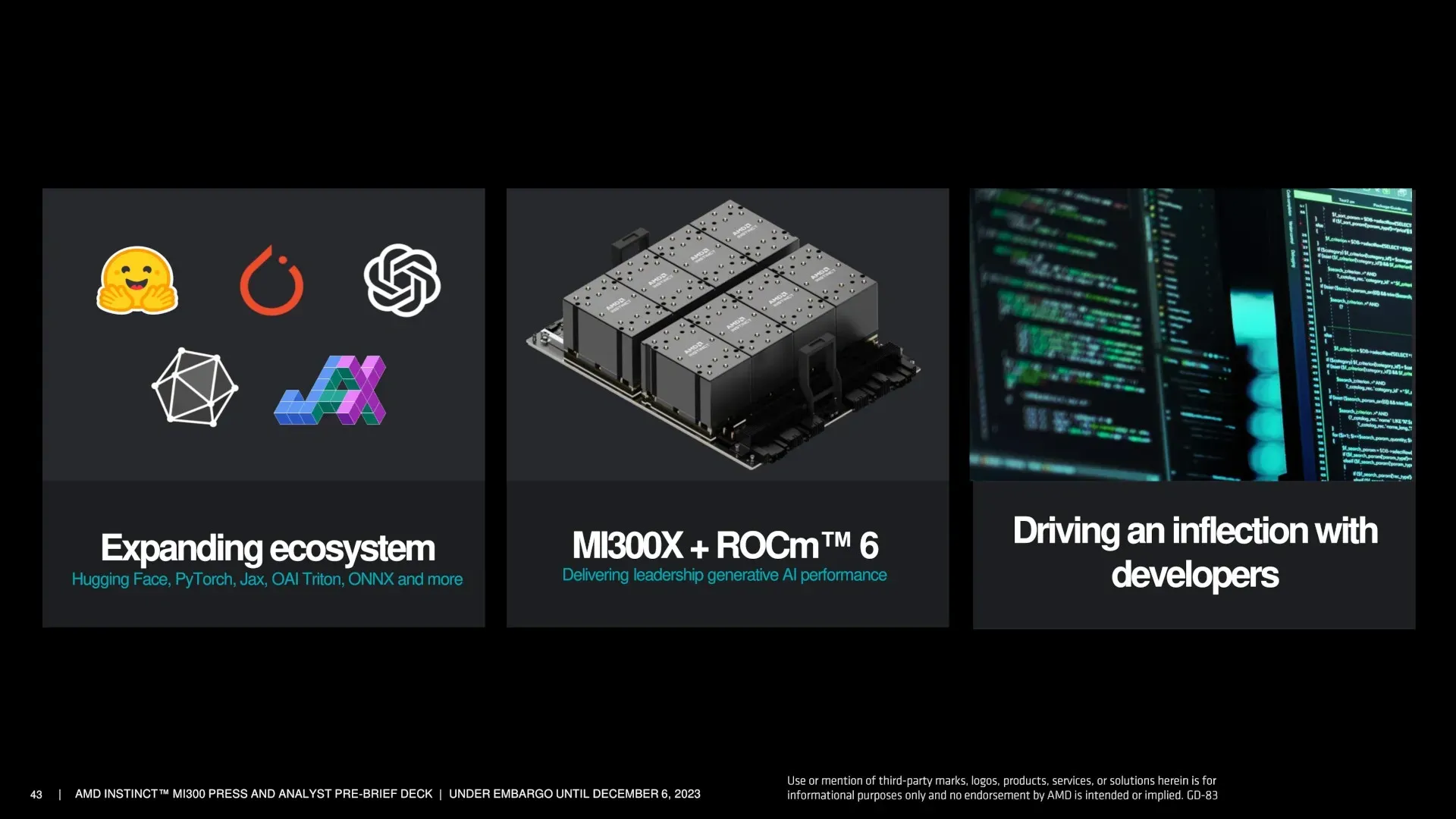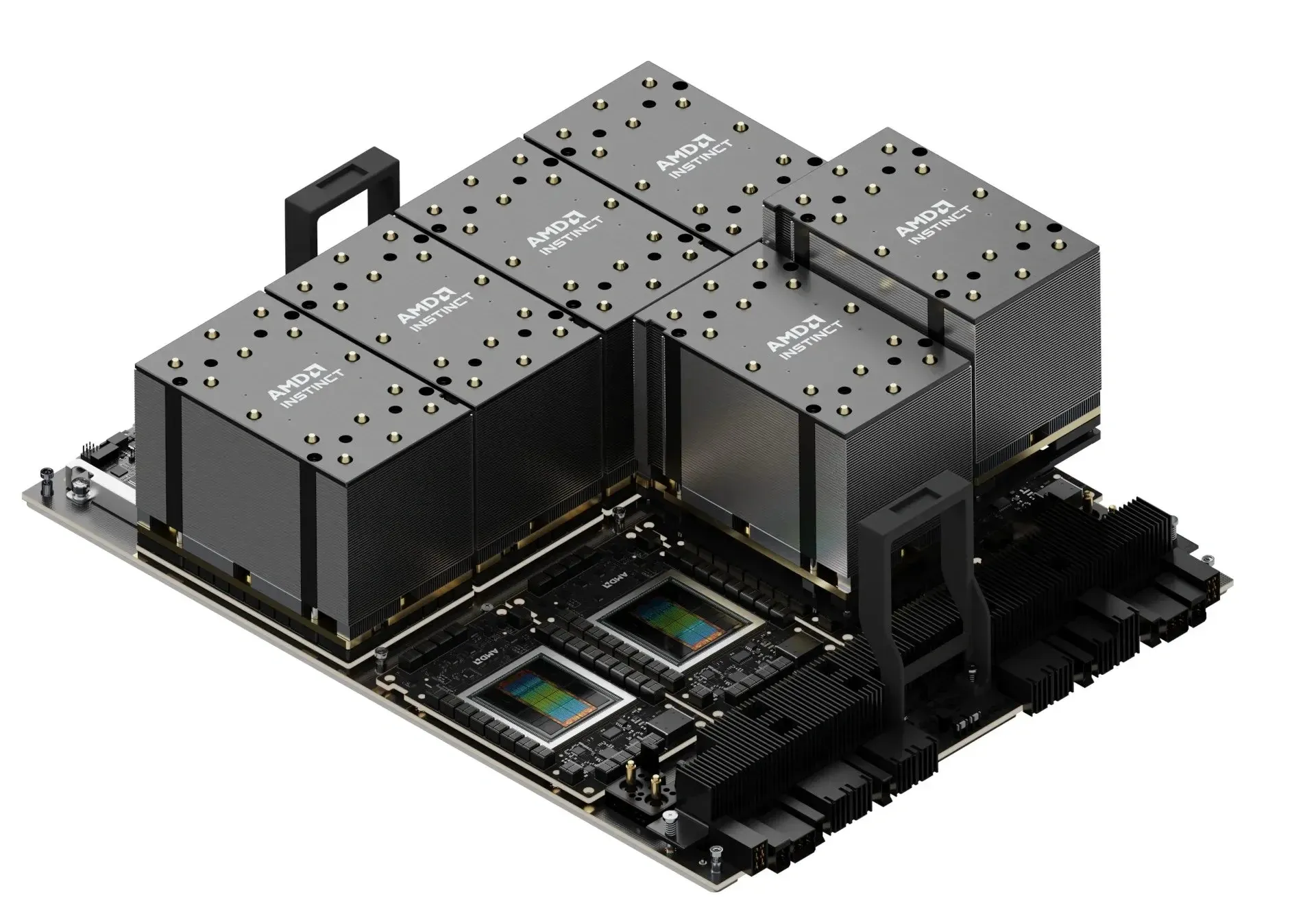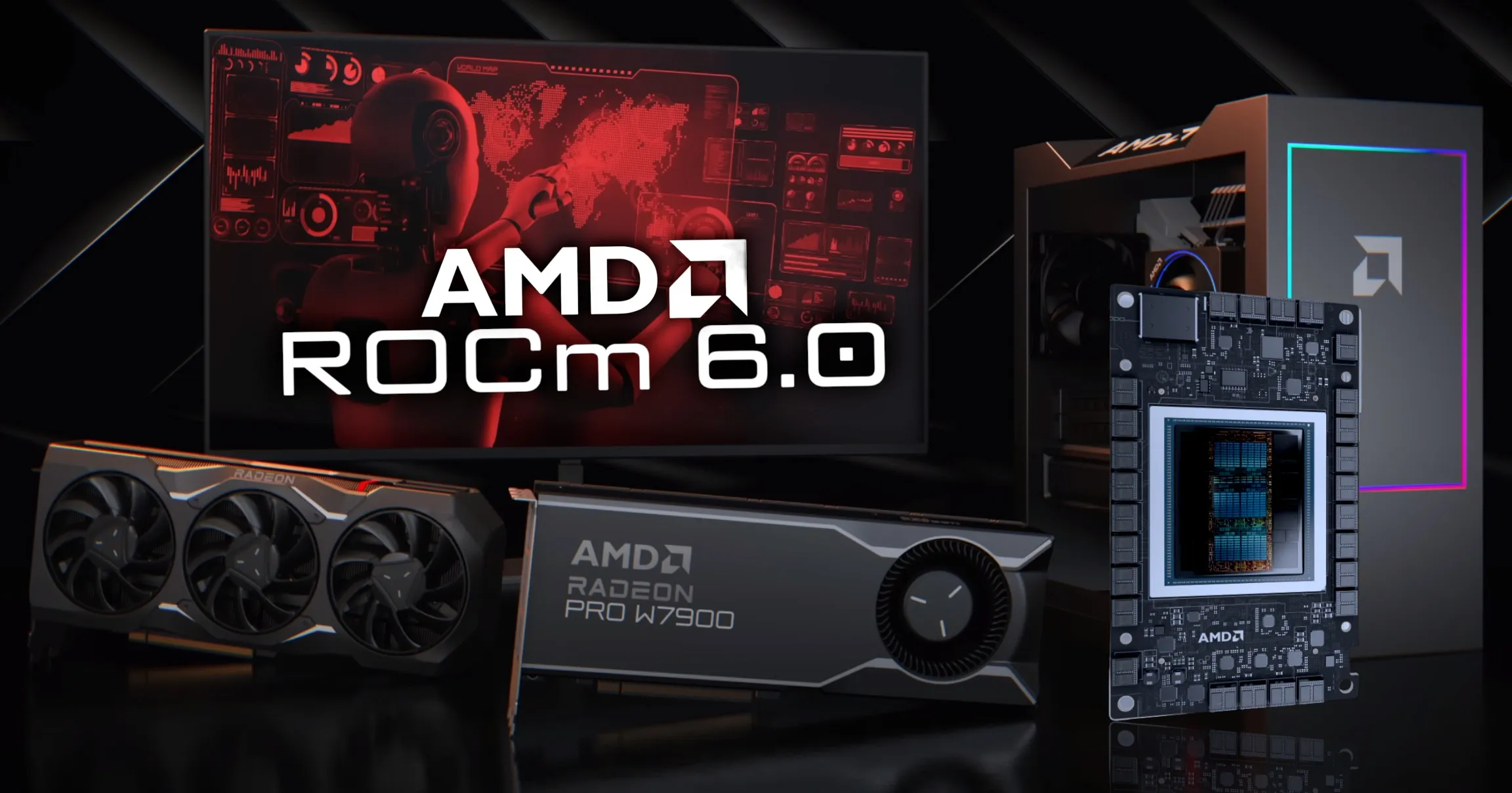Building on the ROCm 6.3 release earlier this month, AMD has dropped ROCm 6.3.1, introducing some noteworthy updates to close out the year.
This release includes significant advancements, from hardware support to installation improvements, ensuring a better developer and user experience.

Key Features of ROCm 6.3.1
1. New Hardware Support
AMD Instinct MI325X Accelerators:
- ROCm 6.3.1 adds initial support for the AMD Instinct MI325X, the latest evolution of the MI300X series.
Highlights of MI325X:
-
Features 256GB of HBM3E memory.
-
Includes evolutionary improvements over the MI300X.
-
Production shipments started this quarter.
-
Per-Queue Resiliency for MI300 Accelerators:
A new feature in ROCm 6.3.1 enhances system stability by improving application isolation. Misbehaving applications on MI300 hardware are now confined to their respective queues, ensuring other workloads remain unaffected.
2. Improved Installation Process
ROCm Runfile Installer:
- A new installer simplifies the setup of the ROCm software environment.
Features:
-
Does not rely on native Linux package managers like APT or RPM.
-
Functions without an internet connection.
Currently supports only Ubuntu 22.04, with hopes for expanded compatibility in 2025.

This installer addresses a major limitation of ROCm—the limited selection of officially supported Linux distributions.
3. Expanded Linux Support and Documentation Updates
Debian 12 Support:
ROCm 6.3.1 finally introduces official support for Debian 12, which debuted in mid-2023 with Linux kernel 6.1. This long-overdue addition is a welcome change for developers using the distribution.
Updated resources make it easier for users to configure and optimize ROCm installations.
If improvements continue, it could open the doors for broader Linux distribution support, including non-enterprise environments.
Looking Ahead to 2025
The ROCm 6.3.1 release not only brings exciting features but also sets the stage for broader usability and enhanced support in the new year.
With the debut of the ROCm Runfile Installer and expanded Linux compatibility, AMD is addressing long-standing challenges faced by its users.
For detailed setup instructions and a full list of changes, visit the official documentation at rocm.docs.amd.com.







